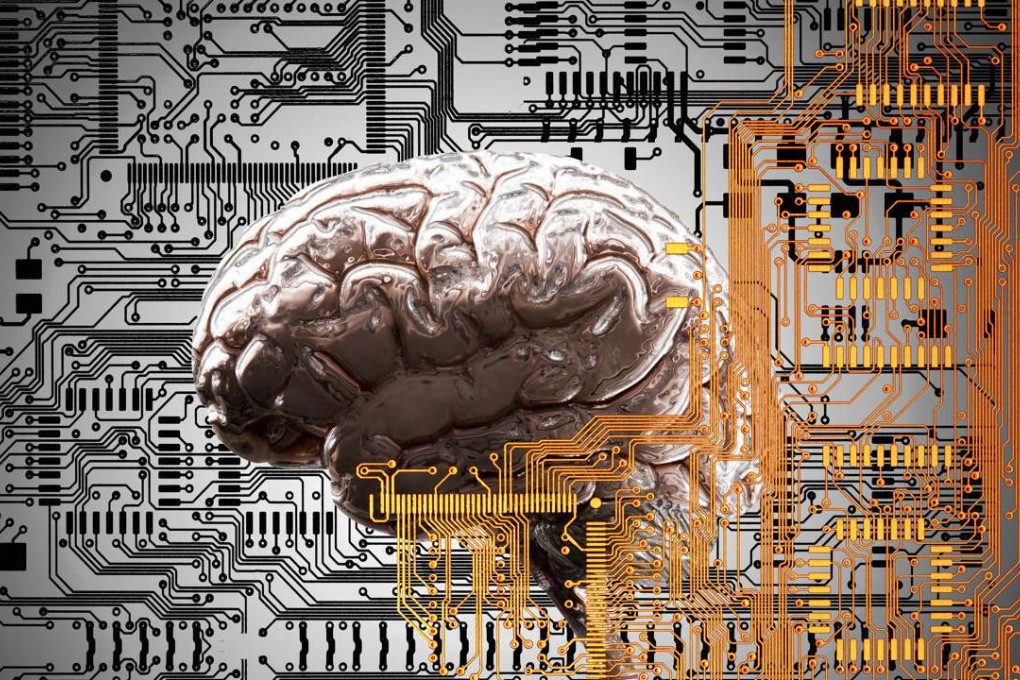Mind the Gap | Prepare for robotics, AI to worsen the backlash of globalisation
Governments owe a duty of leadership to their citizens to prepare them for the unintended effects of globalisation, exacerbated by advance in robotics and AI

Comparing the World Economic Forum at Davos and President Donald Trump’s inaugural speech last week is like a rare observation of two parallel universes colliding.
One is a gathering of the world’s economic, banking and technology elite. The other was a speech wrapped in doses of hyperbole- a pugilistic, nationalistic call to arms against the elite that painted an unbearable American dystopia.
At Davos, the talk of artificial intelligence was dominated not by business benefits and lucrative efficiencies, but the consequences for the humans caught on the wrong side of technological progress. They are only now starting to consider the changes they are inflicting upon the world.
Stunned by the election of Trump and Britain’s vote to leave the EU last year, Silicon Valley executives and tycoons have anxiously presented themselves at Davos as more responsible and sympathetic. They hope to avoid being vilified in the same way that bankers were after the financial crisis. Life was much easier in the earlier days of capitalism where labour and land were the key resources.
Robots are envisioned as a way to disintermediate capitalism as the platform for organizing society. Yet, Trump promises to disintermediate globalization and technology in the name of populism. We can now add technology to the clash of civilizations. One side says the end is near and the other says it is only the beginning.
“There is not one more important topic for all of us than technology creating inequality and concentrating huge wealth in just a few people,” IBM’s chief executive Ginni Rometty said in her ethical rule book for AI.
That serfdom means power and wealth becomes even more concentrated in those who control, develop and manage AI and the capital that finances its development. The rest of us will be relegated to menial duties and jobs that AI and robots cannot do -- like housekeeping and childcare -- not much different to how Silicon Valley is stratified today.
